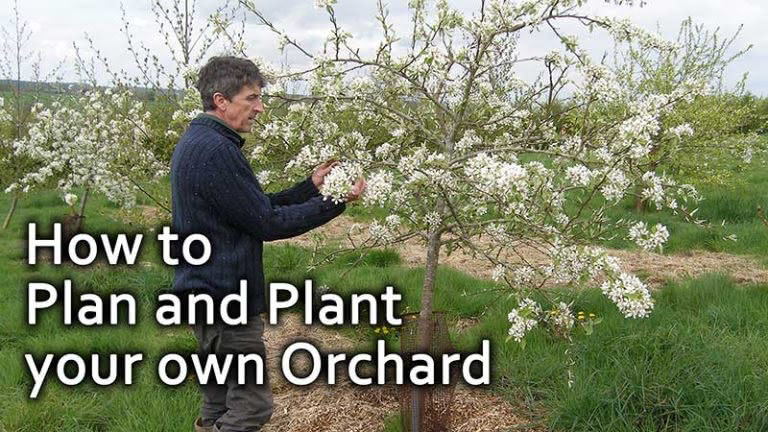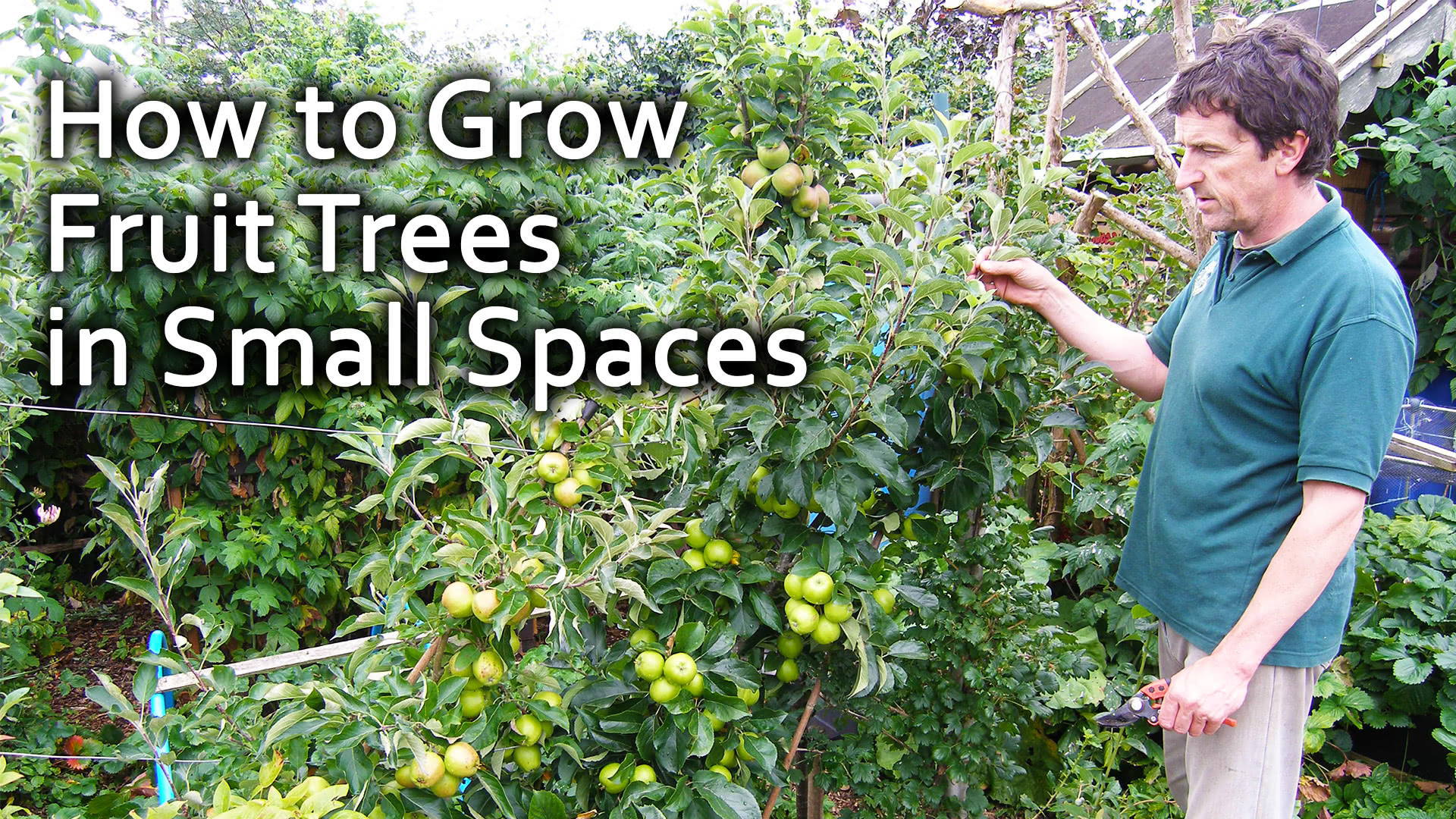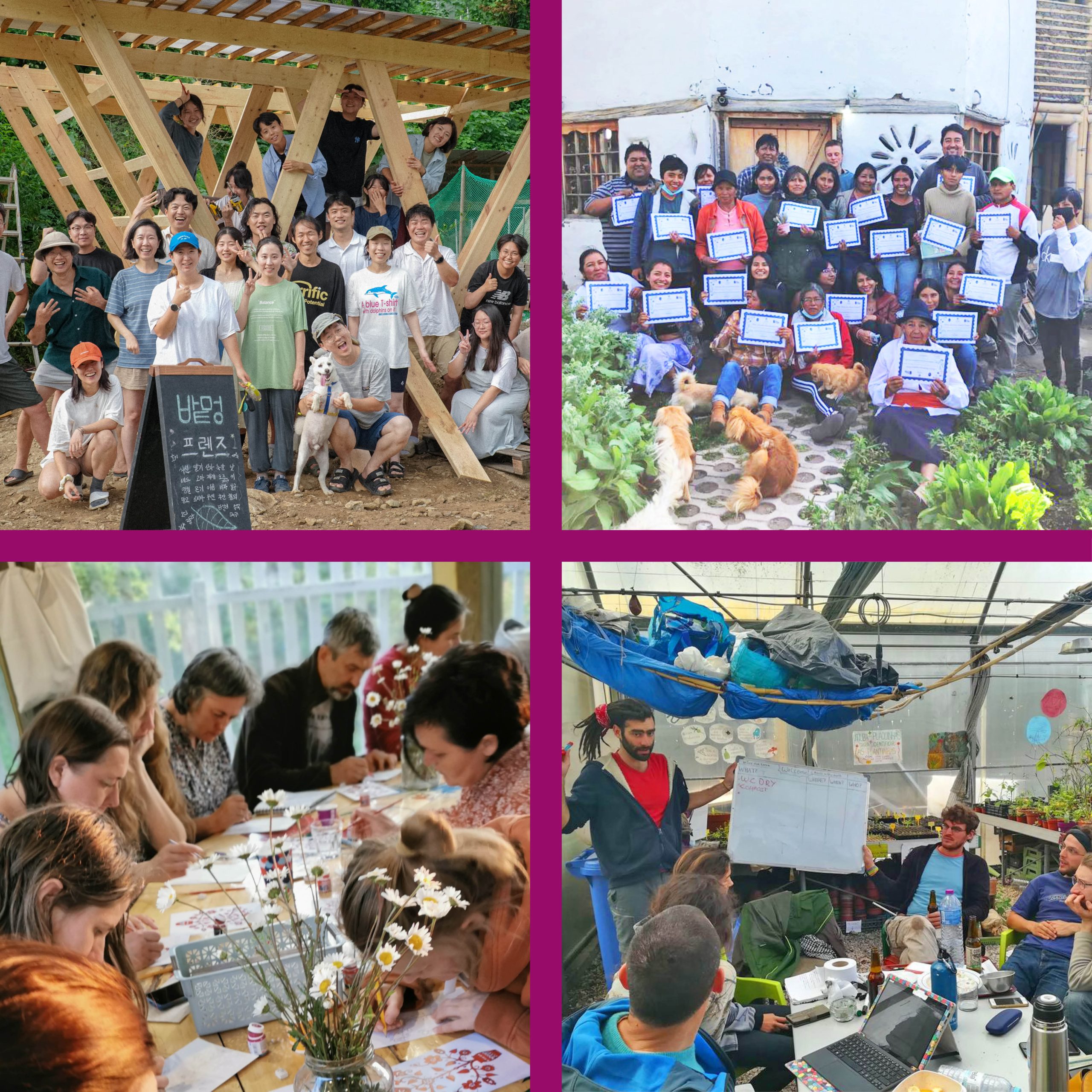When it comes to community energy, we’re so far behind many other countries in Europe that you have to ask what we’ve been doing for the last 20 years! As it happens, Scotland has set a better pace, and Wales hasn’t done too badly. But it’s only now that any real enthusiasm for community energy is starting to kick in across the nation as a whole.
Unless you’re already a fully signed up community energy aficionado, I suspect that Howard Johns’ timely book will make your mind boggle at the extent and maturity of the community energy revolution going on in the world – your campaigning spirits lift at the prospect of doing something similar in the UK – and your hopes soar with such a practical, inspiring antidote to today’s weird mixture of indifference and disempowerment on the one hand, and those even more disturbing ‘hell in a handcart’ climate apocalyptics on the other.
It should also make you feel very angry. It was only a couple of years ago, under the UK Coalition Government, that then Energy Secretary Ed Davey launched a brand new (and not half bad) Community Energy Strategy. It was known at the time that George Osborne at the Treasury was bitterly opposed to this, and once given full rein after the May General Election, he set about dismantling almost every single element of that same Strategy.
Worse yet, he’s ‘fixed’ the planning system so that even schemes with overwhelming community support can be stopped in their tracks by a handful of NIMBY (Not In My Back Yard) objectors – at exactly the same time as the changes making it impossible for local planning committees (let alone communities) to oppose new fracking proposals.
But anger always needs to be converted into something useful, and that’s where Energy Revolution comes into its own. The final third of the book is about overcoming those barriers by getting one’s head around all the very practical steps that any community needs to commit to in order to ensure success. It’s hard work, but having a sense of what ‘success’ looks like can be hugely encouraging.
And given just how much rests on achieving that kind of success, in hundreds if not thousands of communities the length and breadth of the UK, that makes this an absolutely essential guide for our age.











